Crown Lengthening Post-Appointment Practices and Medicines
December 6th, 2023
4 min read
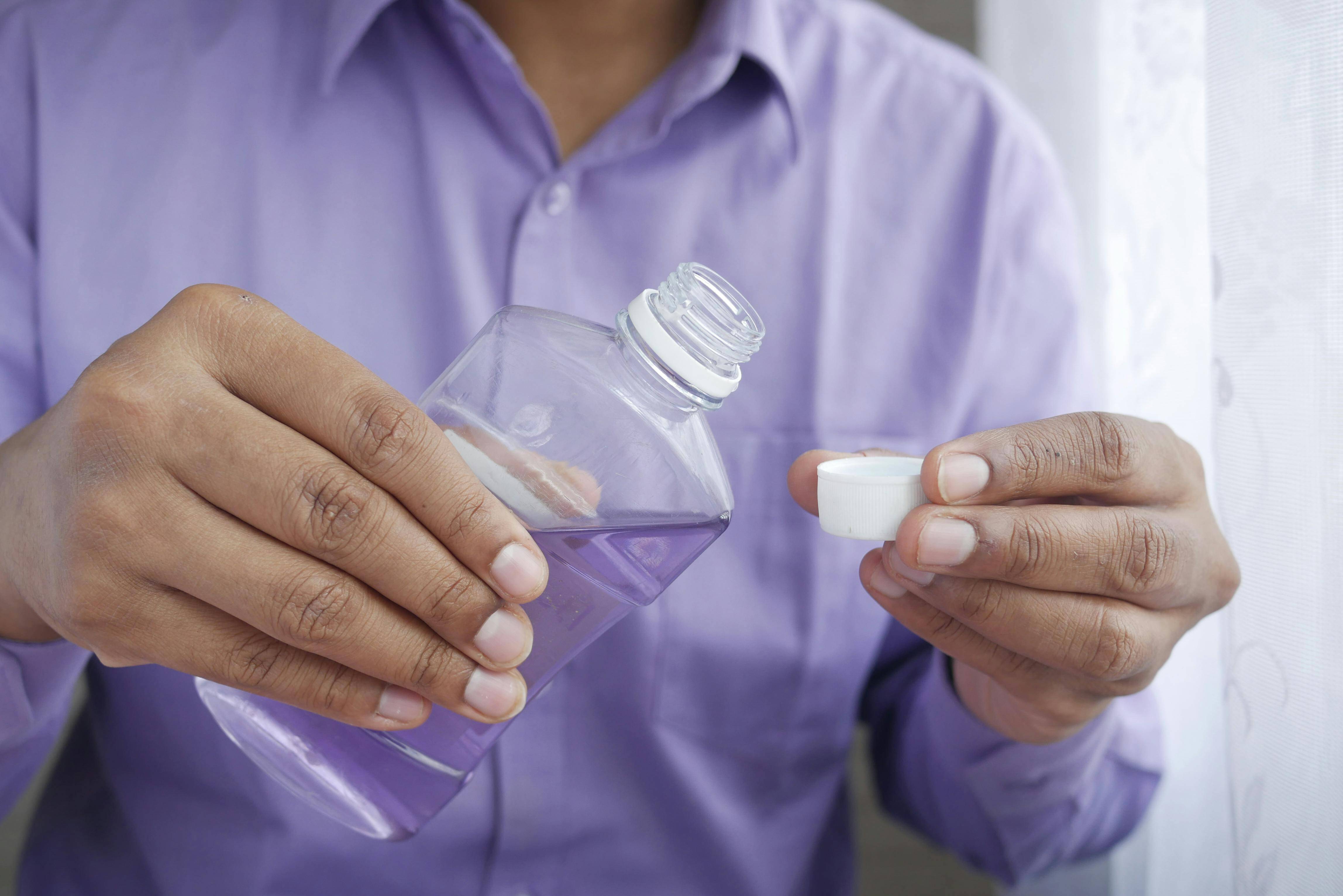
You’ve just completed a crown lengthening procedure, or maybe you’re on the cusp of scheduling one. The anticipation or relief you’re feeling is likely accompanied by a host of questions about the recovery process. How do you manage postoperative pain? What steps can you take to ensure a smooth and speedy recovery?
At NYC Smile Design, we understand that the period following your procedure is just as crucial as the treatment itself for achieving optimal results. With 30 years of dental experience, let us empower you with the knowledge and resources you need to make informed decisions and navigate the post-crown lengthening period with confidence and ease.
That’s why we’ve put together this comprehensive guide to arm you with essential information on post-appointment practices and medicines following a crown lengthening procedure. Whether it’s pain management strategies or dietary adjustments, we’re here to guide you every step of the way on your journey to a healthier, more radiant smile.
Post Crown Lengthening Management: What to Expect
Managing pain after your crown lengthening procedure is a key part of your recovery. While you won’t feel anything during the actual surgery thanks to local anesthesia, you might start to feel a bit sore or uncomfortable once it wears off. This is totally normal and something you can prepare for. Over-the-counter medicines like Ibuprofen or Tylenol are your go-to options for keeping this discomfort in check. These medications not only help with pain but can also reduce swelling, which is a common side effect after dental procedures. It’s a good idea to start taking these medicines as soon as you can, even if you’re not in a lot of pain right away. Doing this helps you stay ahead of the pain and makes your overall recovery more comfortable. Just make sure to follow the instructions on the bottle or any guidelines your dentist gives you to make sure you’re using them safely.
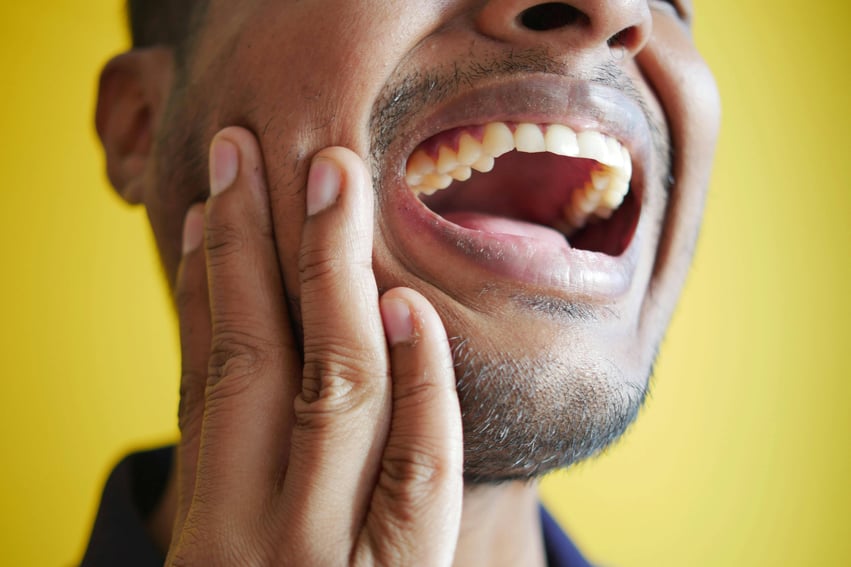
Crown Lengthening Medications vs. Over-the-Counter Options
If over-the-counter medications like Ibuprofen or Tylenol aren’t cutting it, your dentist might decide to give you a prescription for something stronger such as Medrol, Vicodin, Percocet, or Tramadol to manage post-operative discomfort. These prescription pain relievers are more potent and can provide longer-lasting relief. However, it’s important to take them exactly as your dentist tells you to. Don’t take more than the recommended dose, and if you start to notice any unusual side effects, get in touch with your dentist right away. Another thing to keep in mind is that these stronger medications can sometimes upset your stomach. To avoid that, make sure to take them with food. Whether it’s a small snack or a full meal, having something in your stomach can help prevent any gastrointestinal issues. Always consult your dentist for personalized advice, especially if you have other medical conditions or are taking other medications.
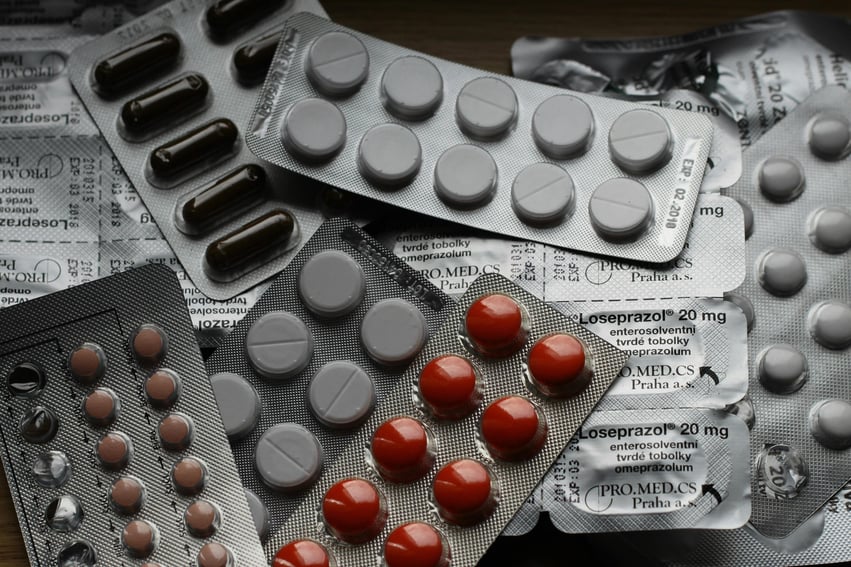
Dietary Guidelines: Foods for Crown Lengthening
What you eat after your crown lengthening procedure can make a difference in how quickly you heal and how comfortable you feel. Right after the surgery, you’ll want to stick to foods that are easy on your mouth. Think soft and smooth, like yogurt, pudding, mashed potatoes, or ice cream. These types of foods are gentle on the surgical area and are less likely to cause any irritation or discomfort.
There are some foods and drinks you’ll want to avoid. Hard or crunchy foods like chips or raw vegetables could poke or irritate the area where you had surgery. Spicy foods are another no; they could cause a burning sensation on the sensitive surgical site. And while you might be tempted to have a hot cup of coffee or tea, it’s best to avoid hot liquids for the first few hours after the procedure. Hot drinks could increase blood flow to the surgical area, which might make swelling worse. Instead, opt for cold or lukewarm liquids. They’re not only easier on your mouth but can also help to reduce any swelling you might have.
Hydration and Alcohol Consumption
Staying hydrated is crucial for a speedy recovery. Aim to consume 6-8 glasses of water on the day of the surgery. Alcohol should be avoided, especially if you’re taking prescribed medications, as it can interfere with their effectiveness.
Oral Hygiene: Keeping the Surgical Area Clean
Oral hygiene is always important, but it becomes even more crucial when you’re recovering from a dental procedure like crown lengthening. You’ll need to be extra cautious about how you clean your mouth, especially around the area where the surgery was performed. For the first day after your procedure, it’s generally recommended to steer clear of brushing the surgical area. This is to avoid irritating the sensitive tissue and to give your mouth a chance to start the healing process.
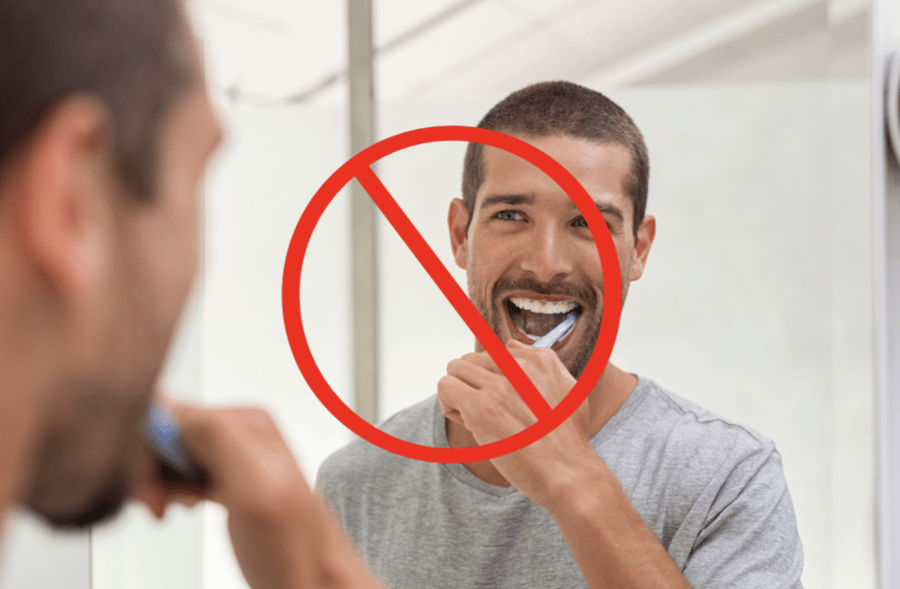
After the first 24 hours have passed, you can go back to brushing, but you’ll want to be as gentle as possible. The reason for this is that after surgery, your mouth will start to form blood clots in the operated area. These clots are a natural part of the healing process, and you don’t want to dislodge them by brushing too hard. Some people find it helpful to use a soft-bristle toothbrush during this time. You might also consider using an antiseptic mouthwash to help keep the area clean but always consult with your dentist before introducing any new products into your post-operative care routine. Your doctor may suggest an all-natural mouthwash depending on your healing journey.
Rinsing and Mouthwashes
Rinsing your mouth after the first-day post-surgery is generally a good idea, but it’s crucial to do it the right way. Your dentist may prescribe a specific antiseptic mouthwash designed to help the healing process and prevent infection. If not, a simple lukewarm saltwater rinse can also be effective. The saltwater acts as a natural disinfectant and can help soothe any irritation you might be feeling.
However, there’s one key thing to remember: be gentle. The last thing you want to do is disrupt the surgical area with vigorous rinsing. Instead, swish the liquid around your mouth softly, taking care not to cause any turbulence in the operated area. This gentle approach helps to keep the area clean while also promoting healing, without risking the dislodging of any blood clots or sutures that may be in place. So, whether you’re using a prescribed mouthwash or opting for a homemade saltwater solution, remember that a gentle touch is crucial for optimal healing.
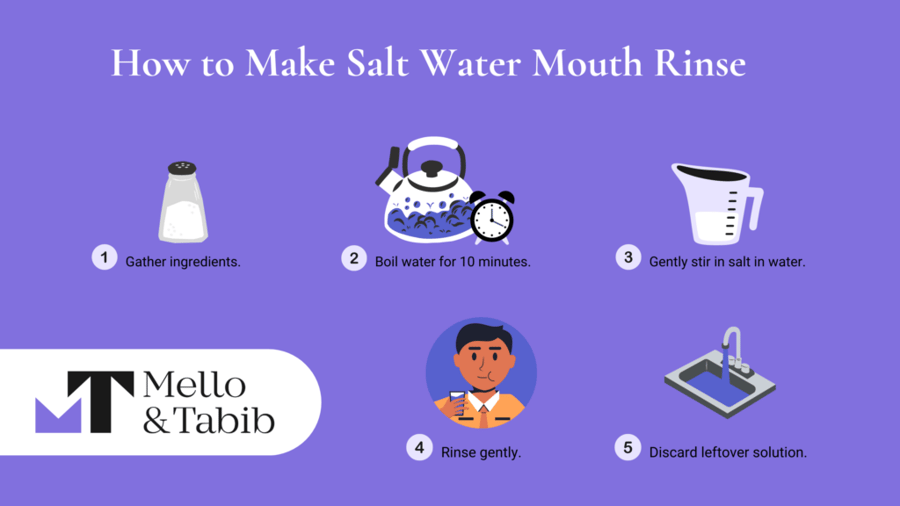
Swelling and Ice Packs: What to Do
It’s normal to experience some swelling after the procedure. Applying an ice pack to the surgical area for 20 minutes on and 20 minutes off during the first 24-48 hours can help reduce this swelling.
When to Seek Professional Help
If you experience excessive bleeding, intense pain, or abnormal swelling, it’s crucial to consult your dentist immediately. These could be signs of complications that require prompt attention.
Your journey towards a healthier smile doesn’t end when you leave the dentist’s chair. Proper post-operative care is crucial for a successful recovery after crown lengthening. Whether it’s managing pain with the right medications or knowing what foods to eat, every little detail counts. For more personalized guidance, don’t hesitate to consult the professionals at NYC Smile Design.
Topics:

